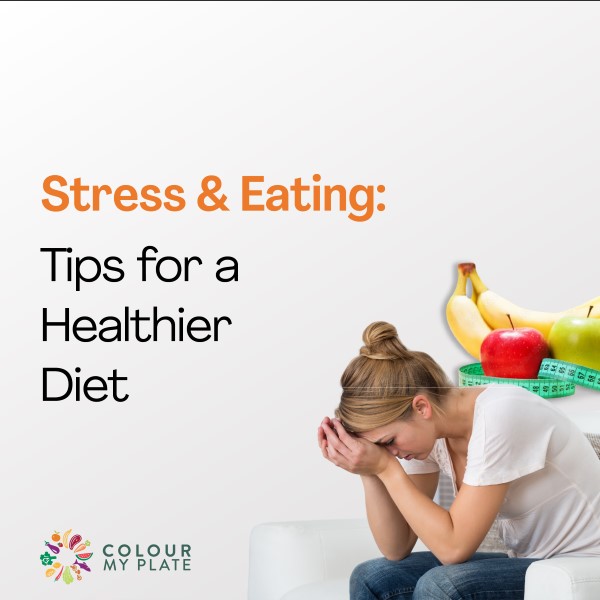
![]() 1 Mar 2024
1 Mar 2024
In our fast-paced lives, stress is a constant companion, impacting our mental and physical well-being. This article explores the link between stress and eating. The intricacies of how stress influences our eating habits and provides practical strategies for maintaining a healthy diet during challenging times.
Stress often makes us eat in ways that aren’t good for us. When we’re stressed, our bodies release a hormone called cortisol, making us crave comfort foods high in fat and sugar. This emotional eating can lead to unhealthy choices, worsening the impact of stress on our bodies. Additionally, stress can disrupt our regular eating routine, causing us to skip meals or eat irregularly.
Dealing with stress and its impact on nutrition means making smart choices. By practicing mindful eating, planning meals, staying hydrated, and including stress-reducing foods, you can strengthen your body’s resilience. Remember, a well-nourished body is better equipped to handle the challenges of stress, fostering a balanced connection between your mental and physical well-being.

Your message is sent